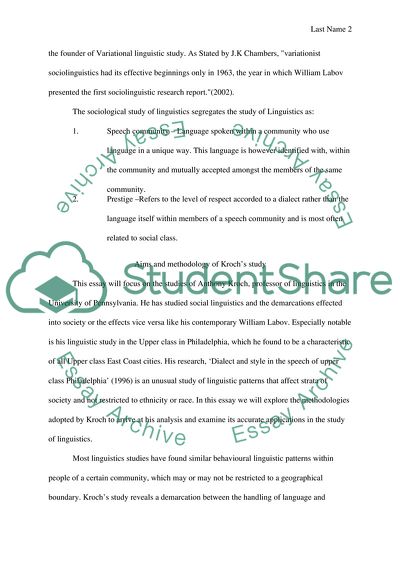Cite this document
(Critical Thinking of Krochs Paper in Sociolinguistic Essay, n.d.)
Critical Thinking of Krochs Paper in Sociolinguistic Essay. Retrieved from https://studentshare.org/social-science/1767754-critical-thinking-of-kroch-paper-in-sociolinguistic
Critical Thinking of Krochs Paper in Sociolinguistic Essay. Retrieved from https://studentshare.org/social-science/1767754-critical-thinking-of-kroch-paper-in-sociolinguistic
(Critical Thinking of Krochs Paper in Sociolinguistic Essay)
Critical Thinking of Krochs Paper in Sociolinguistic Essay. https://studentshare.org/social-science/1767754-critical-thinking-of-kroch-paper-in-sociolinguistic.
Critical Thinking of Krochs Paper in Sociolinguistic Essay. https://studentshare.org/social-science/1767754-critical-thinking-of-kroch-paper-in-sociolinguistic.
“Critical Thinking of Krochs Paper in Sociolinguistic Essay”, n.d. https://studentshare.org/social-science/1767754-critical-thinking-of-kroch-paper-in-sociolinguistic.


